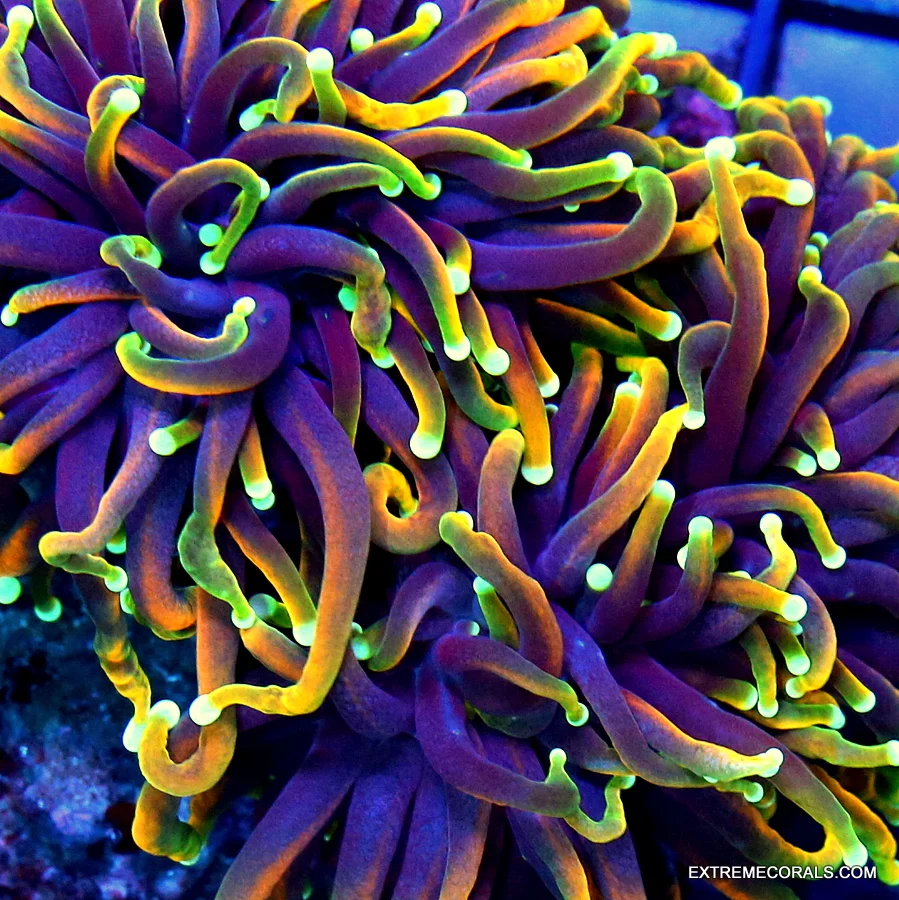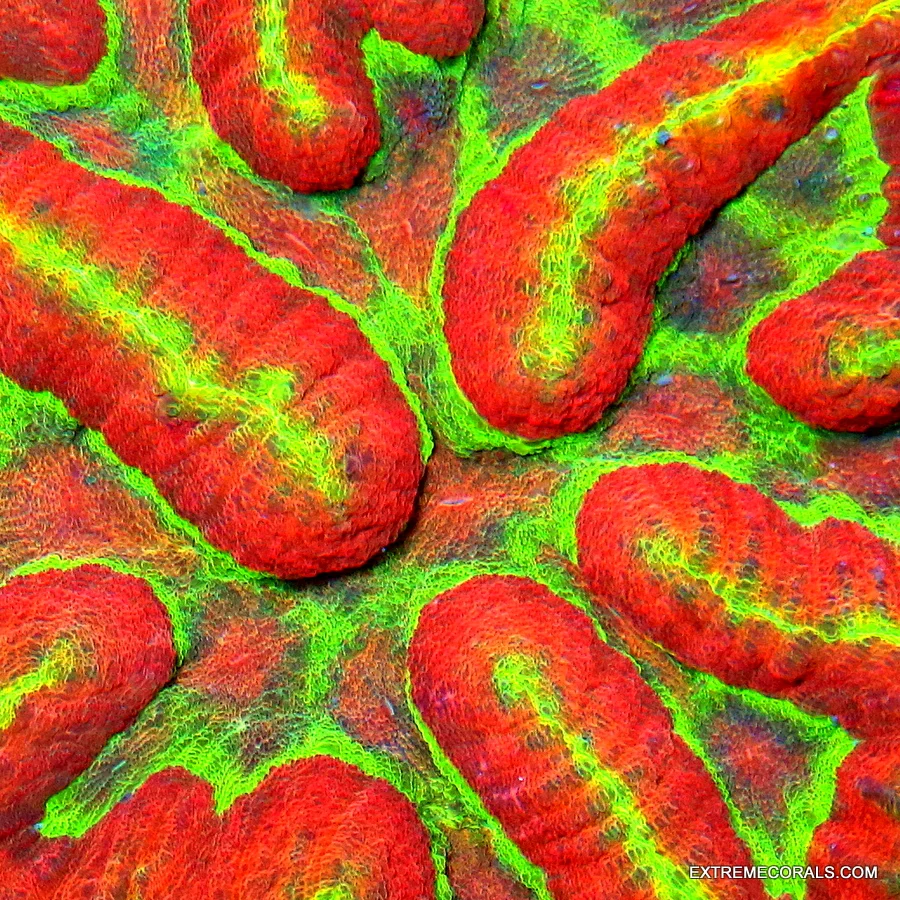Extreme Corals News and Updates
Can I Overfeed My Corals and What Are the Risks?
Understanding Coral Nutrition and Balance in Your Aquarium
Learn about the dangers of overfeeding corals, the signs to watch for, and how to feed them for optimal health and growth in your reef tank
by scott Shiles • September 04, 2024
Identifying Overfeeding
When considering coral nutrition, it's essential to understand the delicate balance required within a reef environment. Overfeeding your corals can lead to various negative consequences. Identification of overfeeding involves observing signs such as algae overgrowth, tissue recession in corals, decreased water quality, and even fish displaying unusual behavior. These indicators suggest an imbalance in the ecosystem caused by excessive feeding.
One way to identify overfeeding is by monitoring the uneaten food in your tank. Excess food accumulating at the bottom can fuel algae growth and contribute to nutrient imbalances. Additionally, observing the behavior of your corals can provide insight. If they appear to be bloated or discolored, it may indicate overconsumption. Regular water testing is crucial to detect spikes in nutrient levels, signaling potential overfeeding issues that need to be addressed promptly.
Furthermore, keeping a close eye on the overall health of your aquarium inhabitants is vital. Overfed corals may show signs of stress, including decreased polyp extension or tissue necrosis. It's crucial to be proactive in recognizing these symptoms to prevent further harm to your coral reef ecosystem. By staying observant and responsive, you can take necessary actions to rectify overfeeding problems before they escalate.
Impacts of Overfeeding

The risks associated with overfeeding your corals go beyond aesthetic concerns. Excess nutrients from overfeeding can disrupt the fragile balance of your aquarium's ecosystem, leading to water quality issues. Phosphate and nitrate levels can spike, fueling algae growth and potentially causing coral bleaching and death. Moreover, uneaten food can decompose, releasing harmful substances that further deteriorate water quality.
Overfeeding not only poses risks to corals but also affects other organisms in the tank. Increased nutrient levels can harm fish and other invertebrates, causing stress and compromising their health. Algal blooms resulting from excess nutrients can outcompete corals for space and light, hindering their growth and vitality. Maintaining a balanced feeding regimen is crucial to safeguard the overall well-being of your aquatic community.
In addition to environmental impacts, overfeeding can also lead to economic consequences. The costs associated with combating algae outbreaks, acquiring water treatments to restore balance, and potential losses of coral specimens due to poor water conditions can add up quickly. By understanding the risks of overfeeding and adopting responsible feeding practices, aquarists can mitigate these adverse effects and create a sustainable marine environment.
Prevention and Best Practices
Preventing overfeeding requires a strategic approach and adherence to best practices in coral care. One effective strategy is establishing a feeding schedule tailored to the needs of your corals and other tank inhabitants. By providing appropriate portions of food at regular intervals, you can minimize excess nutrients and reduce the risk of overfeeding-related issues.
Another crucial aspect of prevention is utilizing high-quality, nutrient-dense foods that are easily digestible for corals. Choosing a balanced diet rich in essential nutrients ensures that your corals receive the necessary sustenance without introducing excessive waste into the system. Moreover, avoiding overfeeding by following recommended feeding guidelines and adjusting quantities based on observed consumption can help maintain a healthy aquatic environment.
Implementing a proper filtration system and regular water changes are essential components of preventing overfeeding consequences. Efficient filtration helps remove excess nutrients and waste from the water, promoting water clarity and quality. Routine maintenance, including siphoning uneaten food and debris, contributes to preventing nutrient buildup and preserving optimal conditions for coral growth and vitality.

